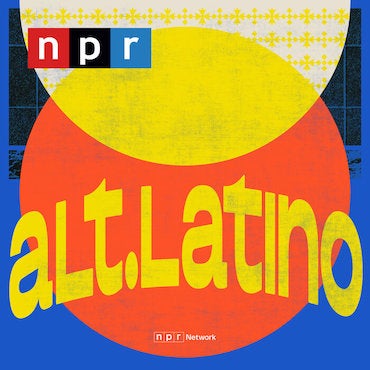Why parents should learn to stop worrying and love vaccines
Every generation has a defining epidemic. For my mother’s generation, it was polio. For those of us who grew up in the 1980s, it was the AIDS crisis. Today, one growing epidemic is not a disease or medical condition.
The following is a work of opinion submitted by the author.
Every generation has a defining epidemic. For my mother’s generation, it was polio. For those of us who grew up in the 1980s, it was the AIDS crisis. Today, one growing epidemic is not a disease or medical condition.
It’s an unnecessary fear of vaccinations, thanks in large part to the now discredited studies of Dr. Andrew Wakefield, who alleged a causal connection between measles vaccinations and autism in 1998.
Dr. Paul Offit, chief of the Division of Infectious Diseases at Children’s Hospital of Philadelphia, believes that such discredited studies are to blame for instilling fear and doubt in parents.
“It’s okay to spend what has been tens of millions of dollars answering questions [about vaccines and autism], but what’s frustrating to me is that, even after we’ve found that the answer, that there is no connection, people still think that vaccines might be harmful,” said Dr. Offit.
Most vaccines consists of a dead or weakened version of a disease, along with a very small amount of material used to culture the germ cells (like chicken egg protein) and preservatives such as glycine (an amino acid). When a vaccine is introduced to the body, the immune system responds by producing antibodies that attack the foreign material, or antigen. The antibodies will die off after their job is done, but the cells that produced them “remember” the antigen. When a live version of the disease comes into the body, the immune system can now produce antibodies specially equipped to defeat it.
Learning how a vaccine works, and the ingredients they contain, is not difficult. The information can be obtained by talking to a doctor, contacting the Centers for Disease Control and Prevention, or more commonly by checking out resources online. Unfortunately, alongside the reliable sources of information are websites claiming links between vaccines and the onset of autism and conspiracies involving pharmaceutical companies paying off doctors.
Debunking the myths
Let’s start with the big one. There is not, and never has been, a link between autism and childhood inoculations. Wakefield is a gastroenterologist, not an infectious disease specialist. His interest in autism stemmed from a 1995 case involving a child who developed bowel problems and experienced issues with communication and interaction shortly after receiving a measles vaccine.
In the years after the controversial 1998 paper was published, not a single researcher was able to reproduce the same results using Wakefield’s methods. Even more alarming was the report issued from a researcher on the project, which stated that none of the 12 test subjects were found to have the measles virus (from the vaccines) in their systems.
Some fearmongers hold to a theory that pharmaceutical companies pay doctors to offer vaccine shots to patients. This claim is false, since the only money coming into a doctor’s office for vaccines is from the patients’ insurance companies.
“Doctors spend a lot of money when it comes to storing [vaccines], administering them, recording them, and explaining them to parents” said Offit. “The reimbursement from insurance companies tends to be woefully low. I would say doctors are under-reimbursed.”
According to VaccineEthics.org, a website managed by the Penn Center for Bioethics, vaccines account for 1.5 percent of all pharmaceutical revenues. Despite being a necessary aspect of a healthy lifestyle, vaccines make less money for drug companies than big name medicines, and doctors’ offices actually lose money from having them.
The dangers ahead
While doctors like Offit remain optimistic that cautious parents will realize the importance of vaccinating their children, efforts of anti-vaccine groups could derail years of progress. Pertussis, also known as whooping cough, caused thousands of infections in the 1940s and ’50s (40,000 in 1959 alone) until a vaccine was introduced.
As a result of susceptible adults who did not receive the vaccine as children in the 1990s, whooping cough has made a major comeback, with over 29,000 infections this year as of September. Of those infections, over 1,300 were in Pennsylvania. America could see the resurgence of diseases like polio, which is spreading rapidly throughout the world, if the trend against inoculation continues.
“The most important job of a parent is to put their child in the safest position possible, and vaccines provide that safety” said Offit. “It’s becoming progressively more dangerous out there.”
WHYY is your source for fact-based, in-depth journalism and information. As a nonprofit organization, we rely on financial support from readers like you. Please give today.

